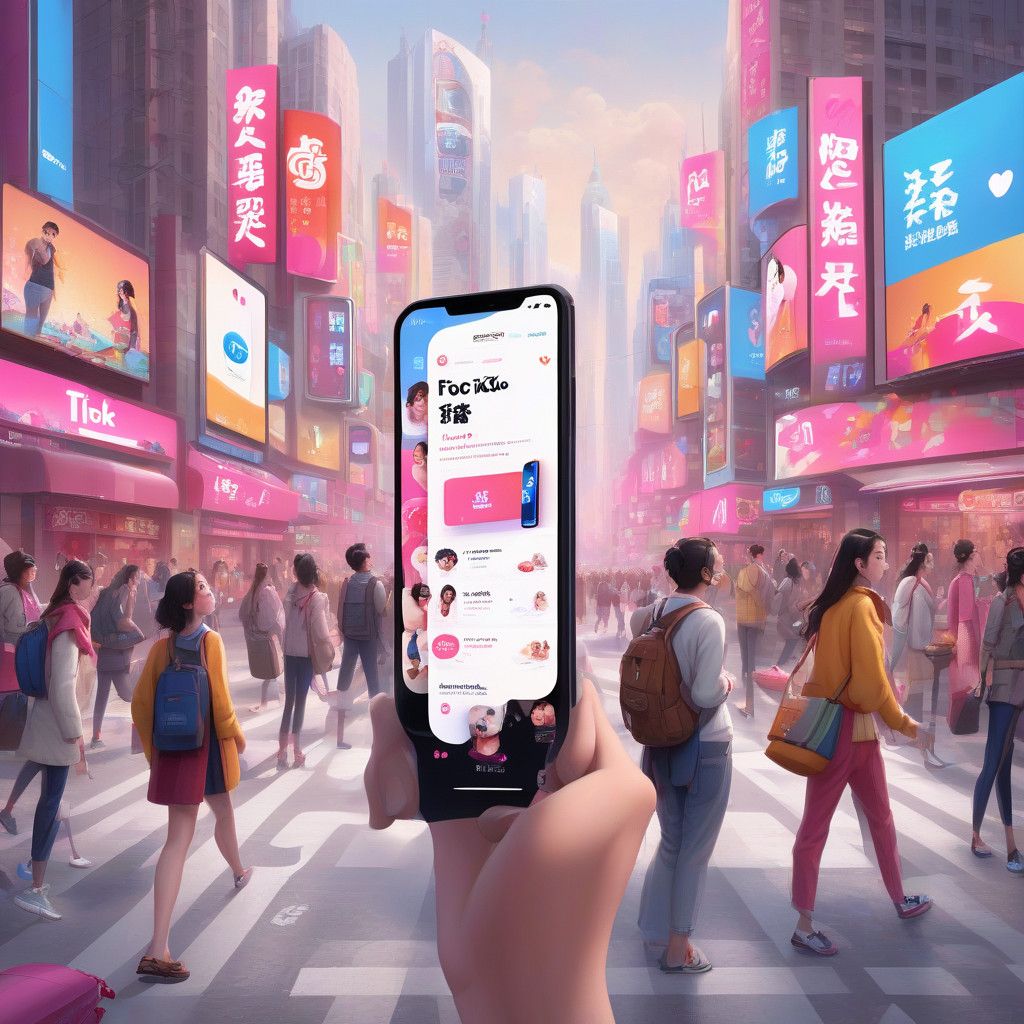In a strategic response to its declining sales, Procter & Gamble (P&G) is placing significant bets on Douyin, the Chinese counterpart of TikTok, to boost its beauty and haircare product lines. As consumer behavior shifts increasingly toward online platforms, the Ohio-based conglomerate’s renewed focus on digital marketing reflects a broader transformation in retail dynamics within China.
P&G’s recent adjustments to its marketing strategy include enhancing its influencer partnerships on Douyin. Influencers such as Ni Bi Yi, a young mother, and Chou Dan, known for her humor, have been pivotal in promoting Pantene’s jasmine fragrance. Their testimonials emphasize the product’s ability to repair hair, resonating strongly with consumers eager to restore hair vitality in an economic climate marked by uncertainty.
The company’s growth on Douyin is not merely a matter of influencer marketing; it also involves tangible improvements to product offerings. P&G has revamped the packaging of its Pantene line while also promoting detailed usage instructions to maximize customer satisfaction. According to Alex Keith, the head of beauty at P&G, these initiatives have successfully led to online share growth over the past year, with P&G’s beauty segment contributing approximately 18% of its $84 billion in net sales for the fiscal year ending in June.
Despite these efforts, P&G faces headwinds in a challenging economic environment. The company reported a staggering 15% decline in revenue during the quarter ending September 30, a trend that has had significant implications across its global operations. The higher-end beauty categories, where P&G competes with brands like Unilever’s Dove, have been particularly affected as consumer confidence dips.
To counter these challenges, P&G is optimizing its presence on Douyin and other rising e-commerce platforms. This includes introducing additional popular brands such as Head & Shoulders and Rejoice on Douyin, and enhancing its product assortment to cater to evolving consumer preferences. This strategy involves creating brand-specific pages, akin to “brand houses,” where consumers can engage with P&G’s offerings in a more curated manner.
A telling feature of the current consumer landscape is the rise of livestream shopping, a trend that has rapidly gained traction in China. P&G is leveraging this phenomenon to offer attractive discounts during livestream events, where influencers showcase products and provide real-time engagement. The Olay flagship store on Douyin, for instance, recently attracted attention by offering a 19.3% discount on a popular body lotion, showcasing P&G’s commitment to blending effective digital marketing with price incentives.
This pivot to an online-focused strategy comes after P&G experienced significant difficulties during the COVID-19 pandemic. As shopping migrated online, many brands, particularly Japanese ones like SK-II, saw a decline in popularity amongst Chinese consumers, many of whom expressed preferences for local alternatives. P&G recognizes the need to adapt its strategy not only to recapture lost market share but to establish a robust presence within a rapidly evolving marketplace driven by the digital economy.
China’s Douyin is increasingly dominating market share from traditional e-commerce giants like Alibaba, illustrating the shifting landscape where social commerce is becoming the norm. In light of this, P&G plans to maintain a selective approach regarding which brands are introduced on Douyin. While expanding its beauty segment’s presence, fabric care products like Tide will not yet be part of the platform strategy.
As P&G repositions itself in China, the journey ahead will require a careful balancing act between short-term sales recovery and long-term brand integrity. The company has historically relied on Chinese markets for substantial revenue; in the last fiscal year, China accounted for 7% of P&G’s total sales, down from 10% the previous year. This decline underscores the imperative for P&G not only to improve marketing strategies but also to foster genuine connections with consumers in a complex and competitive landscape.
In conclusion, P&G’s aggressive stance on Douyin signifies a critical moment for the company as it strives to reverse its sales slump. By investing in influencer partnerships, optimizing product offerings, and fostering engagement through livestream shopping, P&G is positioning itself to adapt and thrive in the ever-changing consumer environment in China. The success of these strategies remains to be seen, but it marks a pivotal effort toward reclaiming a vital segment of the beauty market.
SEO Keywords: Procter & Gamble, P&G, China, Douyin, TikTok, influencer marketing, beauty industry, haircare, online shopping, livestream shopping.












